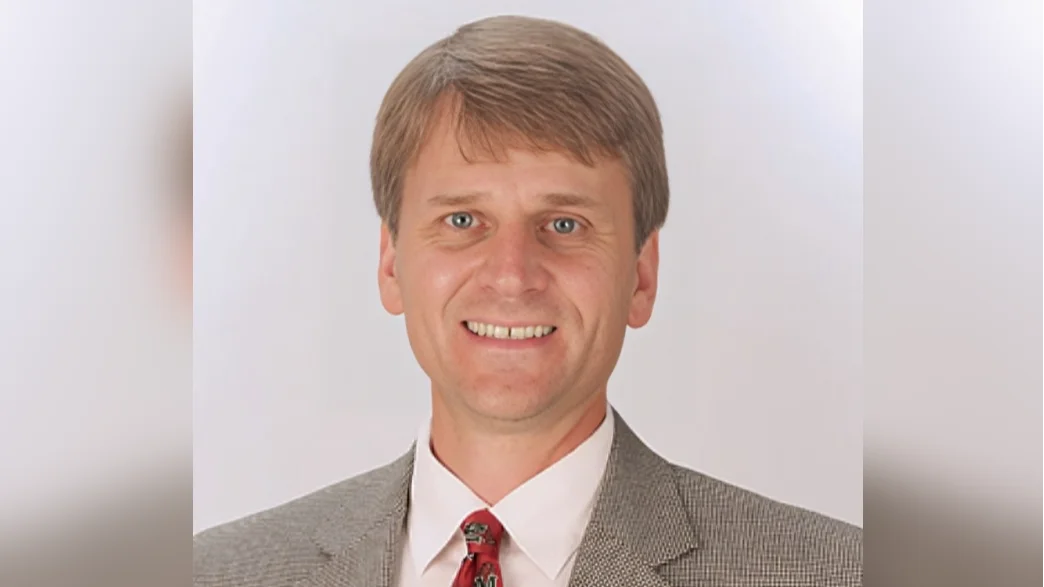Steven Shirley, Ph.D., President | Minot State University
Steven Shirley, Ph.D., President | Minot State University
Minot State University (MSU) will play a significant role in a new statewide initiative aimed at increasing STEM research literacy among rural populations in North Dakota. The effort is part of the Sustainable Programs Advancing Research and Knowledge across North Dakota (SPARK-ND) project, which has received an anticipated $7,963,804 grant from the National Science Foundation (NSF) over four years.
The project is led by North Dakota State University and involves 10 colleges and universities across the state. MSU will receive $480,000 to support its work within the STEM Pathways Core, focusing on expanding opportunities for students in areas with limited access to science, technology, engineering, and mathematics education.
Joe Collette, professor of geosciences at MSU and principal investigator for the project at the university, emphasized that STEM careers are accessible throughout rural North Dakota. “Some folks in rural areas of North Dakota think being a scientist or being employed in a STEM-related field means you have to move away from your hometown,” said Collette. “That’s absolutely not the case — these STEM careers are everywhere. GPS-enabled combines are already part of agriculture in North Dakota. Drone-based applications are coming online at a staggering pace — not only can you do practical things like detect warm or cold spots on buildings and add more insulation, but we can also do things like census animal populations, estimate crop yields, and determine where the weeds in a particular field might need to be sprayed. Drones are even doing remote spraying of weeds.
“These science- and STEM-based career pathways will only become more in-demand in rural areas in the next few years.”
Nigel George, professor of physics at MSU and co-principal investigator for SPARK-ND at Minot State, highlighted how this funding will benefit local students: “This funding will enable us to create meaningful STEM opportunities for rural students by exposing them to the vast potential of STEM careers right here in North Dakota!” added George.
The long-term goals for MSU’s involvement include increasing participation rates among rural students in STEM fields and supporting broader research efforts across North Dakota. By fostering connections between researchers, educators, and students statewide—including five Tribal colleges—the initiative aims to build a stronger foundation for future workforce development.
Participating institutions alongside Minot State include Cankdeska Cikana Community College; Mayville State University; Nueta Hidatsa Sahnish College; Sitting Bull College; Turtle Mountain College; United Tribes Technical College; University of North Dakota; Valley City State University; as well as lead institution North Dakota State University.
ND EPSCoR coordinates efforts to expand diversity within the state’s STEM workforce pipeline through collaboration between educational institutions, government agencies, and private sector partners. More information about ND EPSCoR can be found at https://ndepscor.ndus.edu/.
Minot State also acknowledged its location on ancestral Native lands belonging to several nations including the Anishinaabe and Assiniboine peoples as well as other sovereign groups such as The Turtle Mountain Band of Chippewa and Mandan Hidatsa Arikara Nation.
For further details about SPARK-ND or specific projects within Minot State’s scope under this grant award, interested parties may contact Joe Collette or Nigel George via their university email addresses.


 Alerts Sign-up
Alerts Sign-up